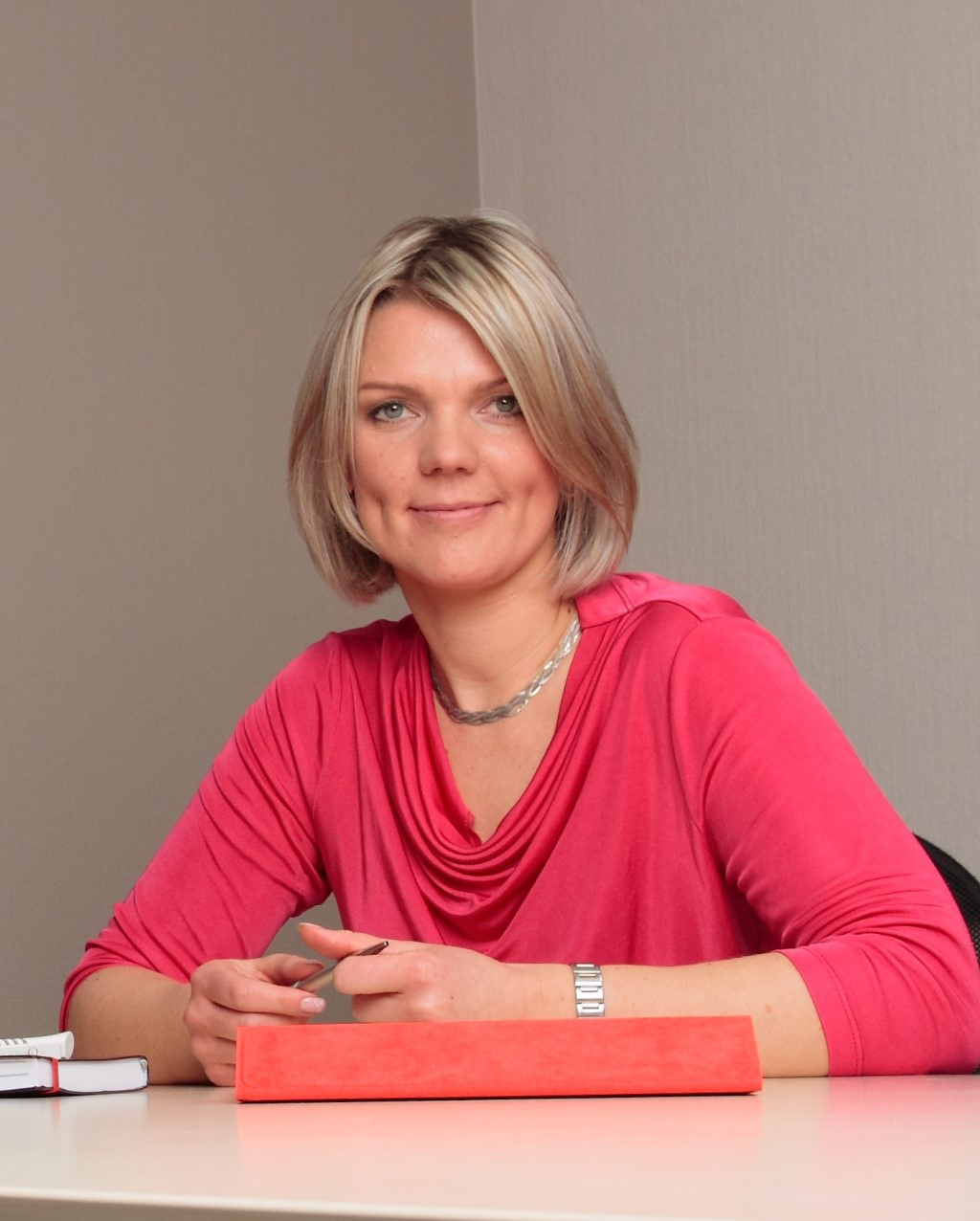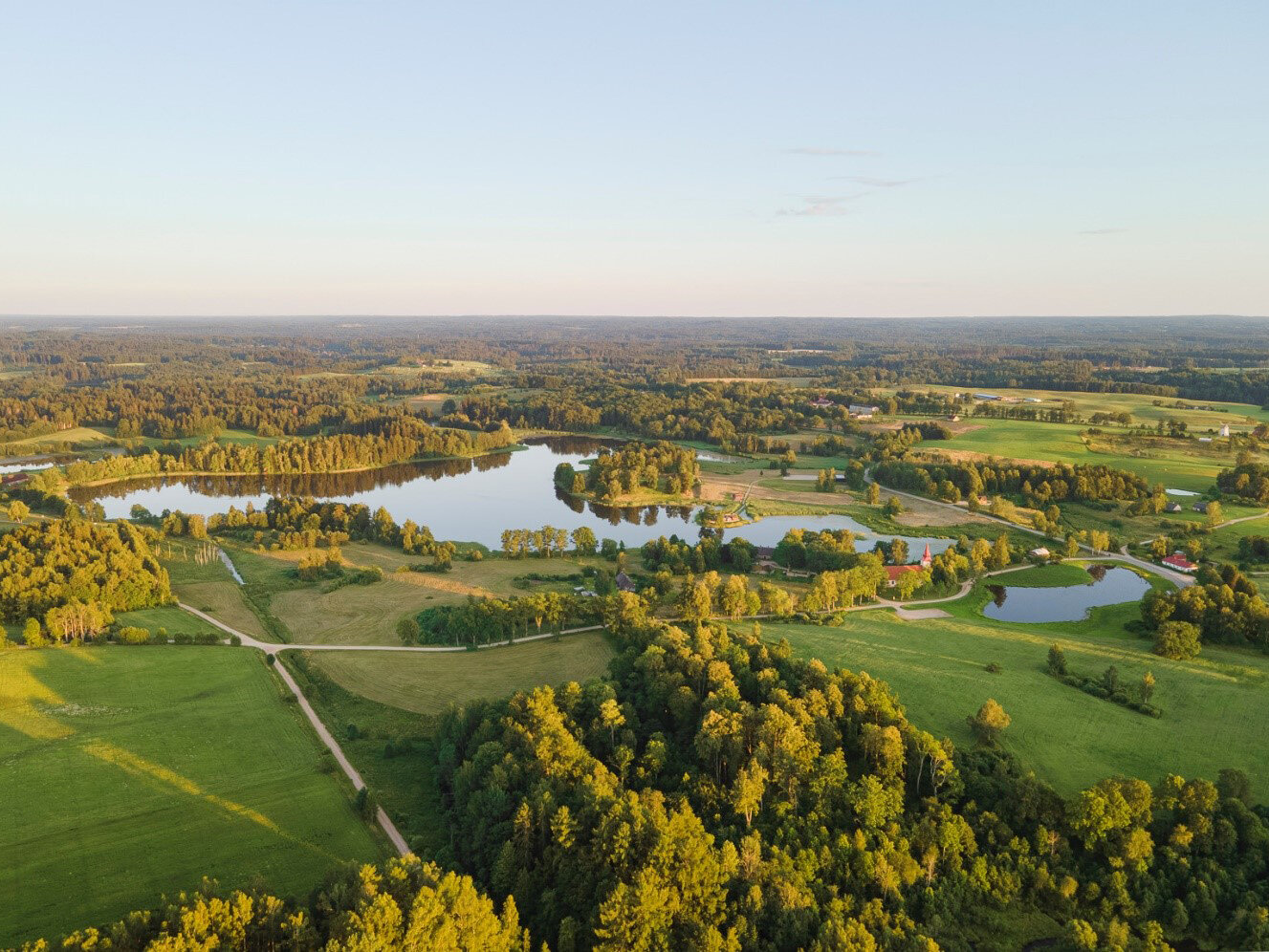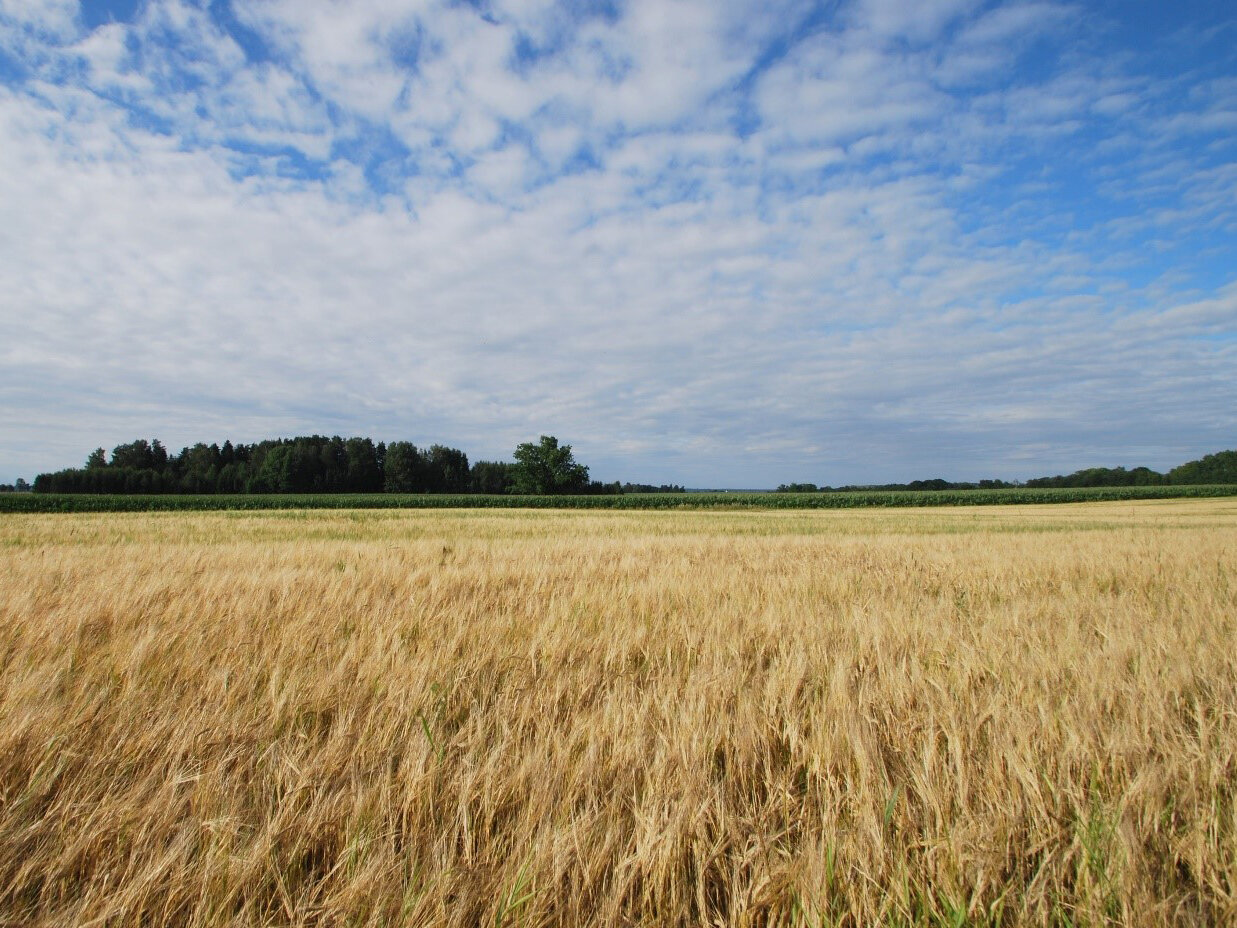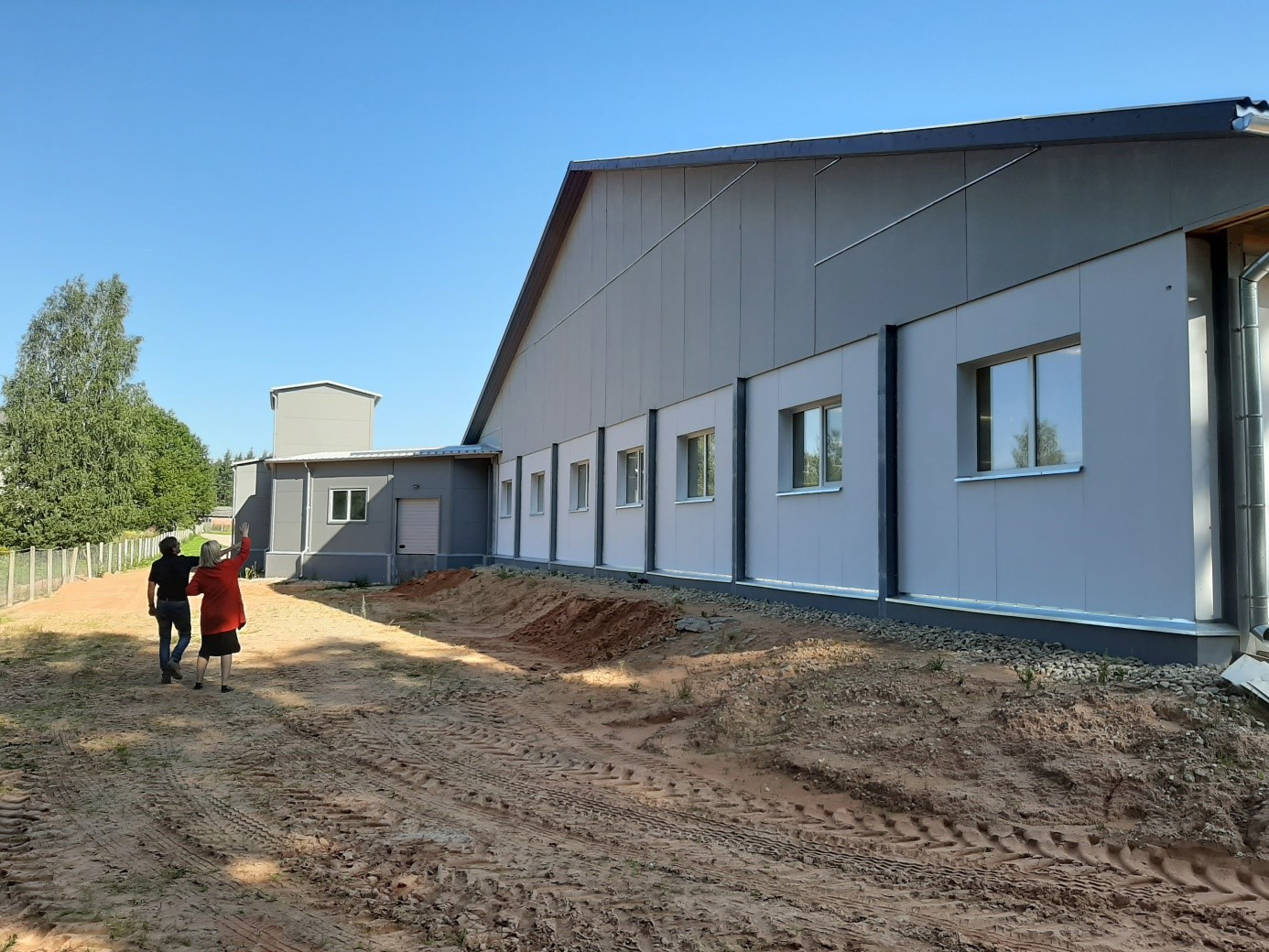Eva Branta: Forestry and farming investment in Europe’s northeast
By Erminia Ciarleglio, DLG
Mrs Branta: Why invest in agricultural land in Latvia?
Overall, farming there is still in a development phase. Farms and forests remain an underestimated asset in eastern Europe countries, although local production capacity and investor interest is persistent and growing every single year. Agriculture in Latvia offers a high level of capital security with sustainable income potential, if managed well and wisely. Depending on investors’ appetite for risk, earning potential in Latvia is present right along the value chain, from upstream low-risk farmland investments to downstream production, processing or infrastructure opportunities. Vital, however, is operational expertise, adequate financing and a thorough due diligence process.
Please tell us more about the opportunities.
We see highly professional, well-educated and experienced foreign investors getting great results and profits from their investments, running some of the best agricultural businesses in Latvia for more than 15 years now. But this takes knowledge, capital and a good understanding of the people and way of life. Projects fail where there’s lack of prudent due diligence in initial research, wrong choice of partners or inability to understand the mindset and system of the country.
It is important to be open-minded and accept that things are different there. Our country is often still developing as far as modern farming is concerned and that’s why special understanding is needed by incomers as well as strong management and leadership skills for personnel and business negotiations with authorities and contractors. Another attractive “road” to investors is simply investing in farmland and leasing to Latvian farmers. This option removes a layer of operational risk and market volatility. A buy-and-lease strategy generates a real gross cash yield of 2.5-4%, depending on region. Lease rates can be customised. This model provides high transparency, good capital security and low risk with steady capital appreciation over the years.

Forests are the outstanding feature of Latvia”. Do you agree?
Yes, I do! Forests claim 52 % of the country, according to the State Forest Service. Lumber and wood products are among Latvia’s most important exports and our group helps clients with forestry investments too. Two-thirds of the forests comprise Scotch pine or Norway spruce.
According to the annual report of the State Forest Service, woodland has more than doubled since 1923, when forests occupied just 23% of the overall land.
The State Forest Service predicts that the growth will continue, with unused agricultural land being afforested.
I say that forests and timber are the country’s green gold. Nearly every resident of Latvia is involved with the forest, forestry and forest products in one way or another. The forest has deep roots in our cultural traditions, it offers ways of spending free time as well as income opportunities. Timber has been used for centuries in construction and manufacturing of furniture and household objects. Since the restoration of Latvia’s independence, the forestry sector has become one of the most important in the economy.

Photo: Private
And the main problems of farming in Latvia?
Flight from the land is one. Latvia suffers under emigration of highly educated workers to the rest of the European Union. Latvia's working age population has dropped by a quarter as emigration to western Europe continues. The country is not alone in this in northern and eastern Europe.
Another particular concern for business and foreign investment is lack of highly trained and educated people in the population remaining. This restricts competitiveness as do lack of technical solutions and the high proportion of semi-subsistence farms with low business competitiveness. In addition, risk management systems are undeveloped and there is a lack of cooperation between farms, enterprises and research institutions.
Also lacking, I feel, are knowledge and skills regarding environmental protection but also management and marketing skills, a situation negatively affecting added value progress and competitiveness.
Most farmers have limited financial resources for modernisation. Access to new capital is very limited. A foreign agricultural investor needs to be financially strong, or join up with his home financial partner. The banking sector in Latvia is reluctant to deal with newcomers, even those with a good track-record in their homeland.

Photo: Private
Your company helps investors. What are its main activities?
AQ AgriEstate, a member of the Latvian ACTUSQ Group, provides services and investment solutions covering law and taxation, accounting and finances with locally relevant business development and management approaches. Our services cover the Baltic States and clients include single farming families, family offices, wealth managers, institutional investors and international organisations.
How does DLG membership support your activities?
DLG membership certainly offers great opportunities for contacts and networking with professionals throughout the agricultural sector. It gives experts here a communication platform that also includes information on agricultural developments in Europe that can be applied in our own country.

Photo: Private


